The number of students receiving taxpayer money for vouchers to attend private or religious schools has surged in the US, growing from 12,000 at the turn of the century to over 1 million today. At the same time, evidence has mounted showing that these vouchers weaken educational achievement and exacerbate school inequality. In response, voters have increasingly soured on vouchers, as demonstrated by voucher initiatives being soundly defeated in Kentucky, Colorado, and Nebraska in 2024.
How has voucher use grown so rapidly amid their proof of failure and widespread public pushback? The simple answer: money. Wealthy voucher supporters have poured billions of dollars into overcoming popular dissent. In Arizona, a voucher program that was shot down by voters in 2018 was passed by the state legislature four years later due to billionaire donors flooding the state to get pro-voucher candidates elected.
These same wealthy interests are now primed to push vouchers into more schools and states, including Minnesota. These efforts include an Executive Order signed by President Trump directing federal agencies to prioritize voucher programs. While Minnesota has resisted previous voucher campaigns, this development reveals a new level of pressure. Through a survey of the existing research on vouchers and an original analysis of their financial implications, Diverting Dollars shows the devastating consequences that would come to the North Star State if it fell into the voucher trap.
Key Findings
- Voucher programs enact a direct cost onto public schools. Due to the fiscal constraints applied by vouchers, our analysis suggests that Minnesota public school districts could lose an estimated $209 million in the first year of a voucher program.
- Vouchers pull money away from public school budgets to subsidize tuition for the wealthy families already paying for private schools. In Minnesota, we estimate that the state could be on the hook for up to $630 million annually to provide vouchers to existing private school students.
- Research demonstrates that the creation of a voucher program would lead to decreased levels of educational quality in the state by weakening funding for public school students and leading to lower academic achievement among voucher recipients. For example, the voucher program in Louisiana led to an 80% increase in the probability of unsatisfactory math scores.
- In addition to decreased educational attainment, the introduction of school vouchers into Minnesota would serve as a new source for fraud and provide a historically large tax giveaway for wealthy families at the expense of the state budget.
- Lawmakers in Minnesota must seize on this evidence to resist the calls from billionaire donors to create a voucher program in the North Star State.
